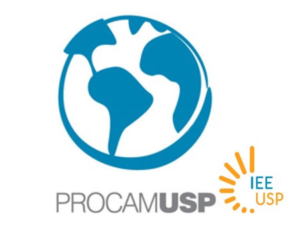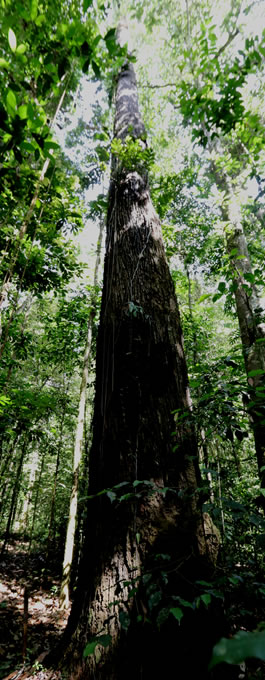HISTORY
The Graduate Program in Environmental Science – PROCAM was created in 1989 to train researchers and managers in the socio-environmental field with an interdisciplinary approach, involving the articulation of various fields of knowledge.
Its first master’s class started in 1990, and since then, selection processes have been held annually. From 2001, the program began offering Stricto Sensu Master’s and Doctorate Courses in Environmental Science.
Initially, the program had an interinstitutional character, that is, it was directly linked to the Office of Graduate Studies, with accredited professors from various units of the University of São Paulo. In 2008, PROCAM came under the management of the Institute of Energy and Electrotechnology (IEE-USP), which already had the Graduate Program in Energy (PPGE), marking a milestone in the program’s consolidation.
In 2013, after an academic and administrative restructuring, the institute’s name was changed to the Institute of Energy and Environment (IEE), which resulted in the establishment of its own Graduate Committee (CPG), encompassing two Program Coordinating Committees (CCPs): for PROCAM and PPGE.
The new configuration expanded the scope of education, research, and extension, consolidating IEE as a reference center in energy and environment in Brazil, distinguished by innovative research, professional training, and responsiveness to society’s demands.
The full incorporation of PROCAM into IEE allowed the use of the institute’s consolidated infrastructure, such as classrooms and workspaces for students, laboratories, library, technical and administrative support.
PROCAM joined the Excellence Program – PROEX of CAPES in 2015 (with a score of 6) and in the following evaluation (2017) obtained a score of 7 – maintaining this score in the 2022 evaluation. Notable are the excellence and diversity of accredited faculty, the production of relevant scientific output, the continuous concern for student-faculty integration, and the consolidation of different research lines focused on interdisciplinarity and socio-environmental issues.




